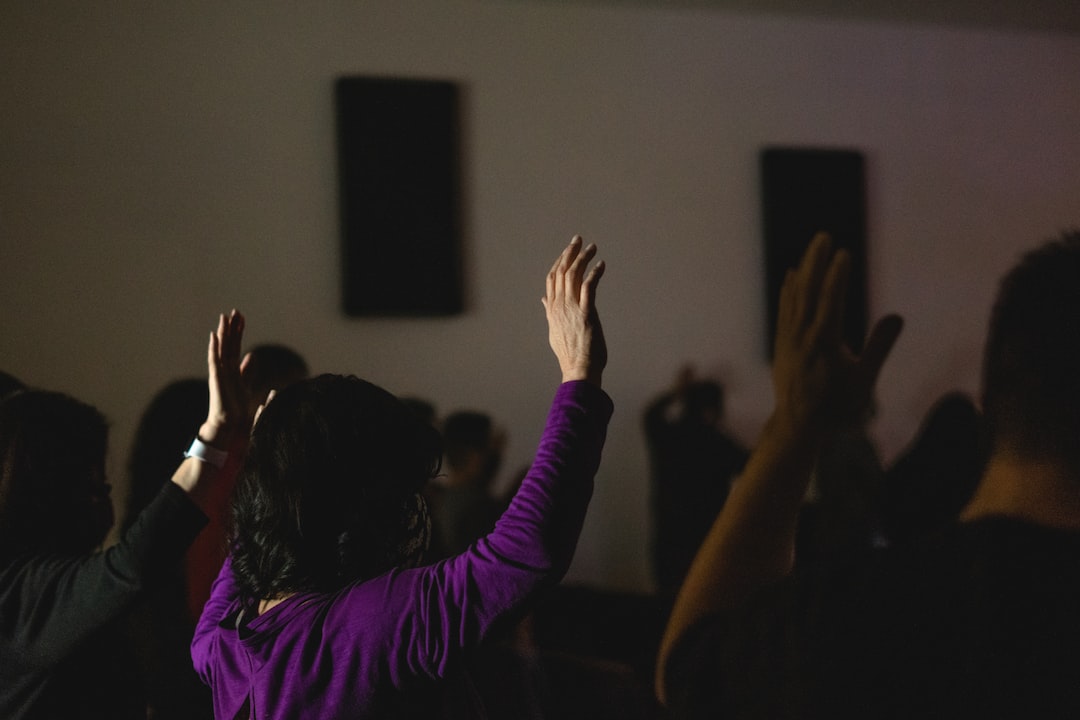The Intersection of Science and Religion in Modern Society
Science and religion have long been considered two separate spheres of human knowledge, often seen as incompatible or even conflicting with each other. However, in recent years, there has been an increasing recognition of their potential collaboration and the important role they play in shaping our understanding of the world.
The past few decades have witnessed remarkable scientific advancements that have had a profound impact on all aspects of human life. From technological innovations to medical breakthroughs, science has undoubtedly enriched our lives and expanded our knowledge about the natural world. However, as science progresses and pushes the boundaries of what we know, it also raises questions about the broader meaning and purpose of our existence, which are often addressed by religion.
Religion, on the other hand, has primarily focused on the spiritual and moral aspects of human life, addressing questions of purpose, morality, and the nature of the divine. It seeks to provide a framework for understanding the mysteries of life, death, and the ultimate purpose of human existence. Throughout history, religion has provided comfort, guidance, and a sense of purpose to individuals and communities.
While science and religion may seem distinct, they are not necessarily incompatible. In fact, they often intersect in various ways, influencing and shaping each other’s perspectives. For instance, many scientific discoveries, such as the Big Bang theory and evolution, have challenged traditional religious beliefs and sparked debates about the compatibility between science and religion. These debates have led to a more nuanced understanding of both fields.
One way in which science and religion intersect is through the exploration of moral and ethical issues. Scientific advancements, such as genetic engineering and artificial intelligence, raise important ethical questions that require careful reflection and consideration. Religious traditions offer moral frameworks and principles that can guide us in making ethical choices in the face of these advancements. Similarly, religious teachings on issues like climate change and social justice can inspire scientists to pursue research and solutions that benefit humanity as a whole.
Moreover, both science and religion share a common goal – the search for truth and understanding. While they may use different approaches and methodologies, both disciplines strive to unravel the mysteries of the universe and our place within it. They address questions related to the origin of the universe, the nature of consciousness, and the existence of a higher power. In this sense, science and religion can be seen as complementary, providing different perspectives and insights into the complex nature of reality.
However, it is important to acknowledge that conflicts between science and religion do exist, especially when one encroaches upon the domain of the other. Instances of religious dogma hindering scientific progress and scientific materialism dismissing religious beliefs are not uncommon. Nevertheless, these conflicts should not overshadow the potential for collaboration and fruitful dialogue between the two.
In modern society, there is an increasing recognition of the need for an integrated approach that incorporates both scientific and religious perspectives. This recognition is evident in the field of bioethics, where experts from various disciplines, including science and religion, come together to address ethical dilemmas arising from medical advancements. Similarly, interfaith dialogues and interdisciplinary research groups strive to promote understanding and collaboration between scientists and religious leaders.
Ultimately, the intersection of science and religion in modern society offers the potential for a more holistic understanding of the world we live in. By embracing both scientific and religious perspectives, we can address complex societal issues, reconcile seemingly conflicting beliefs, and foster a greater sense of interconnectedness and harmony. Rather than viewing them as opposing forces, we should strive to blend the insights from both science and religion to create a more comprehensive and profound understanding of our place in the universe.
